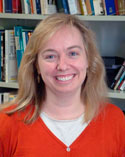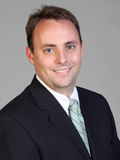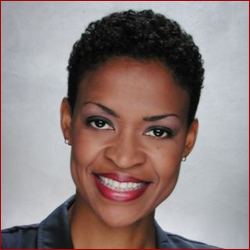By Jeff Brumley
One standard the World Anti-Doping Agency uses to ban a substance is whether it enhances, or has the potential to enhance, athletic performance.
Drugs aren’t alone in such scrutiny. The use of high-tech prosthetic limbs has caused debates in elite sports. Even music, and its positive effects on the brain, have been seen by some to provide an unfair advantage for marathon runners.
Now some experts wonder if prayer, and even faith as a whole, could come under similar scrutiny in the debate over performance-enhancing drugs, technology and techniques facing modern sports.
And it’s a question that is bound to arise this week during Baylor University’s annual faith and culture symposium, this year titled “The Spirit of Sports.”
Prayer: performance enhancing?
“It is possible that prayer can be seen as an enhancing technique,” said Tracy J. Trothen, an associate professor of theology and ethics at Queen’s University in Kingston, Ontario, and an ethicist with a focus on the intersection of religion and sports.
She is one of about 20 featured presenters at the three-day symposium that begins today in Waco, Texas.
Trothen said she was especially fascinated by the advantage music gives long-distance runners. A high-profile case occurred at the 2007 New York Marathon.
The New York Times reported that U.S. Track & Field barred headphones and portable audio devices from its official races, citing safety and “to prevent runners from having a competitive edge.”

There is science to back up that concern, Trothen told Baptist News Global. MRIs, for example, have shown that music works like “emotional doping” on the brain.
And so do practices like prayer and meditation, said Trothen, author of Winning the Race? Hope and Reshaping the Sport Enhancement Debate.
They, too, “are shown by MRIs to have a significant effect on the brain,” Trothen said.
“From my perspective, I think meditation and prayer have such huge, strong, positive effects that of course they are enhancing,” she added.
But, so far, sports governing bodies have not gone after spiritual practices and faith in general for their performance-enhancing qualities.
“It raises questions about what we see as unduly improving ourselves,” Trothen said.
‘We want theologians and philosophers’
Those are just the kind of thought-provoking conversations that planners of the symposium want to foster, said Jason Whitt, associate director of the Institute for Faith and Learning at Baylor.
The theme last year was faith and film and others have included how health care, poverty, technology and secularization impact, and are impacted by, faith, Whitt said.
The sports topic was chosen for its timeliness given how giant sports has become a business in the United States and around the world, he said. The embracing of sports by most segments of American culture and its potential to be formative, or deformative, was also considered, Whitt said.

The event features more than 100 presenters on a variety of topics within “The Spirit of Sports,” Whitt said. They range from churches and sports to the philosophy of athletics. In addition to Trothen, speakers include former athletes and coaches, religion and philosophy professors and even Baylor President and Chancellor Ken Starr.
About 400 are expected to attend, creating an audience as diverse as the speaker lineup.
“It’s interdisciplinary,” Whitt said. “We want theologians and philosophers, business people, sociologists and pastors and teachers and students.”
‘Everything is spiritual’
They’re also getting Paula McGee, who’s a little bit of all those callings.
She’s proven her passion for sports. The California-based inspirational speaker, writer and Baptist minister was a member of a USC basketball team that won back-to-back national championships in the 1980s. After trying out Harlem Globetrotters, she played a season with the Women’s American Basketball Association.
She’s also earned a master of divinity degree from the Interdenominational Theological Center in Atlanta, a master’s in the Hebrew Bible from Vanderbilt and a doctorate in women’s studies in religion from Claremont Graduate University.

But all of it, from hoops to conducting diversity training to preaching and her Wal-Martization of African-American Religion dissertation is connected, McGee said.
In Waco, she will participate in one panel discussion about gender and sports, and in another about race and money in big-time sports.
Participants and audience members shouldn’t be surprised when McGee draws on all of her experiences and academic and cultural interests.
“For me, everything is spiritual,” she said. “I see everything as what I am called to do.”
